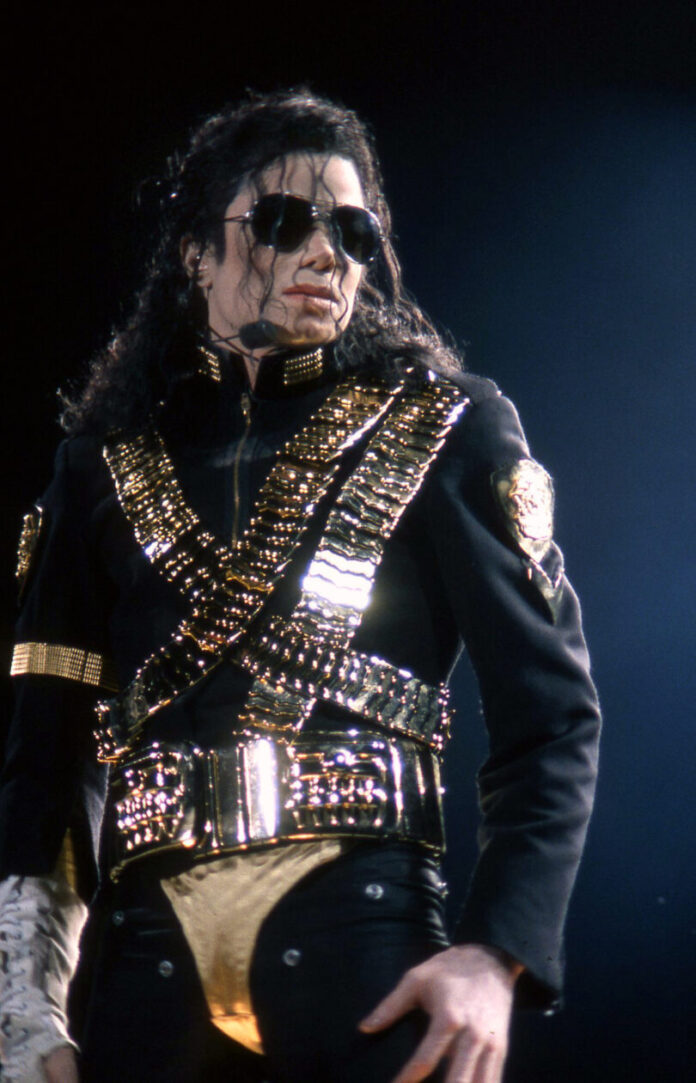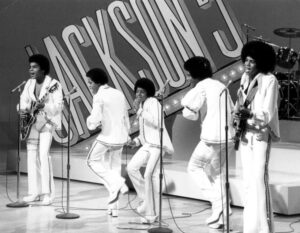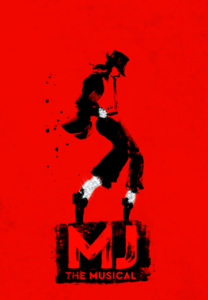
By Stacy M. Brown, NNPA Newswire Senior National Correspondent
In what may have been his greatest triumph, a very frail and emotionally tested Michael Jackson walked out of a Santa Maria, Calif., courthouse on a sunny June day in 2005, having beaten 13 charges related to allegedly molesting a young cancer patient. As he slowly walked toward a waiting caravan of black SUVs, the King of Pop appeared almost unfazed, even dazed, by what had just occurred. He was exonerated but still drawn with a nearly puzzled look as many cheering fans stood by, one having released white doves signifying innocence. Joseph Jackson, the patriarch of the world-famous Jackson family, appeared to nudge his son’s arm upwards, helping him acknowledge the loyal fans from everywhere.

A reporter asked this journalist, “Where do you see Michael Jackson in five years?” The response was “Dead.” Unfortunately, almost four years to the date, that prognostication came true. Jackson had died of an overdose of the sedative propofol. He was 50, and a stunned world couldn’t conceive that it had lost the biggest pop music entertainer ever to grace the planet. At the time of his death, he was rehearsing for a series of London concerts aimed at reviving a career shattered by allegations, wild spending habits, and strange bedfellows. A Los Angeles court sentenced Dr. Conrad Murray, who was Michael Jackson’s personal doctor at the time of the singer’s death in 2009, to four years in prison for involuntary manslaughter in 2011.
Triumphs and Trials: A Complex Life
Michael Jackson’s rise to fame began early. He was the seventh of nine children. Born on August 29, 1958, in Gary, Indiana, Jackson joined his brothers Jackie, Tito, Jermaine, and Marlon to form The Jackson Five, a group that quickly rose to stardom. Jackson’s solo career, launched in the 1970s, reached unprecedented heights with the release of “Thriller” in 1982. The album became the best-selling of all time, with over 21 million copies sold in the United States and at least 27 million worldwide, cementing Jackson’s place as a global icon.

However, Jackson’s life was not without its challenges. His eccentricities, including his high-pitched voice, numerous plastic surgeries, friendships with children, and a pet chimpanzee, earned him the nickname “Wacko Jacko.” In 1993, he faced his first public child molestation allegations, which he vehemently denied. Although a jury acquitted him of all charges in a high-profile 2005 trial, the allegations severely damaged his reputation.
A U.S. tax court judge noted in 2021 that Jackson had “earned not a penny from his image and likeness in 2006, 2007, or 2008,” highlighting the lasting impact of these allegations. Despite this, Jackson’s popularity has surged in the digital era. According to Billboard, global consumption of his music grew from 4.7 billion to 6.5 billion on-demand streams between 2021 and 2023, a 38.3% increase. In February, the BBC reported that Sony Music Group confirmed it would acquire half of Jackson’s catalog in a deal valuing his music assets at more than $1.2 billion.
The Enduring Appeal of Jackson’s Artistry
Jackson’s artistry continues to captivate audiences. “MJ The Musical,” a jukebox show featuring his music, has enjoyed successful runs on Broadway and in London’s West End. Next year will see the release of the Antoine Fuqua-directed biopic “Michael,” starring Jackson’s nephew Jaafar Jackson. However, the musical and biopic have faced criticism for not addressing the abuse allegations in detail.
The New York Times noted that “no one’s looking at the man in the mirror” in its review of MJ The Musical, while the San Francisco Chronicle remarked that the show is “pop perfection” but has “an allegation-shaped hole.” This selective representation is part of a broader effort to rehabilitate Jackson’s image, which has been ongoing for decades.

A Legacy Beyond Controversy
Despite the controversies, Jackson’s impact on music and culture remains profound. British journalist Laura Lee Davies recalled the surreal publicity stunt for Jackson’s 1995 album “HIStory,” which included floating a 30-foot statue of Jackson down the River Thames. This spectacle was part of Jackson’s attempt to restore his image and remind the world of his extraordinary talent.
Jackson’s influence extends far beyond his lifetime. His music, characterized by innovative videos, groundbreaking dance moves, and genre-defying sounds, continues to inspire artists across the globe. His humanitarian efforts and vision of healing the world are integral to his legacy.
In 2018, the National Portrait Gallery in London hosted a major exhibition of Michael Jackson-inspired art featuring works by Keith Haring, Andy Warhol, and Faith Ringgold. The exhibition’s assistant curator, Lucy Dahlsen, explained to the BBC that the display aimed to be objective, celebrating Jackson’s achievements while acknowledging the more challenging aspects of his life.
The Dual Legacies of Michael Jackson
In her book “On Michael Jackson,” Pulitzer Prize-winning author Margo Jefferson explores the complexities of Jackson’s legacy. She notes that Jackson’s music and dance have influenced countless artists and sparked discussions on cultural identities and non-binary styles. Jefferson believes there are at least two legacies of Jackson: one for fans who appreciate his talent despite the allegations, and another for those who view him as a martyr and innocent victim.
Jefferson’s perspective on Jackson’s legacy might have shifted with present-day knowledge, especially in light of the 2019 documentary “Leaving Neverland,” which brought new abuse allegations. However, Jefferson argues that Jackson’s music and influence would have likely endured regardless.
Michael Jackson’s Influence Today
As fans mark the fifteenth anniversary of his death, Jackson’s star continues to shine brightly. His music, moves and overall talent resonate more than ever, proving that the King of Pop’s legacy is enduring and evolving.
As Jackson himself once said, “I’m just like anyone. I cut, and I bleed. And I embarrass easily.”




